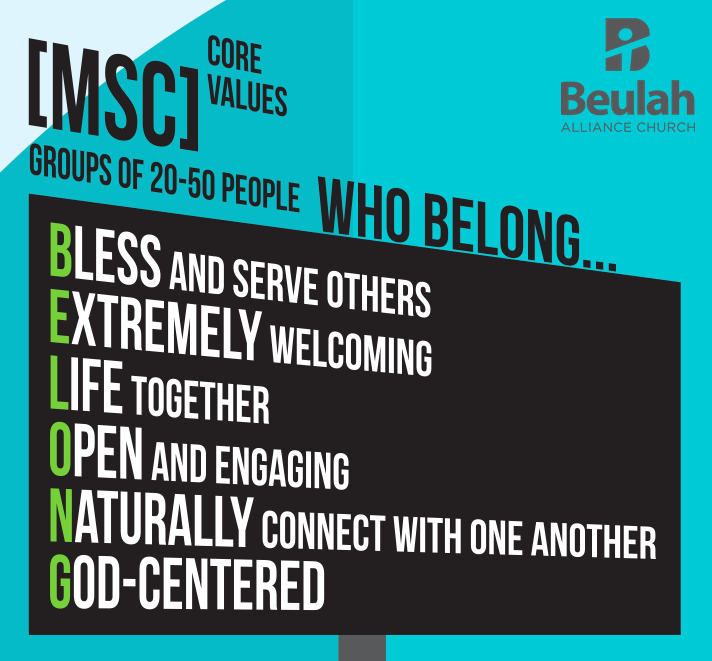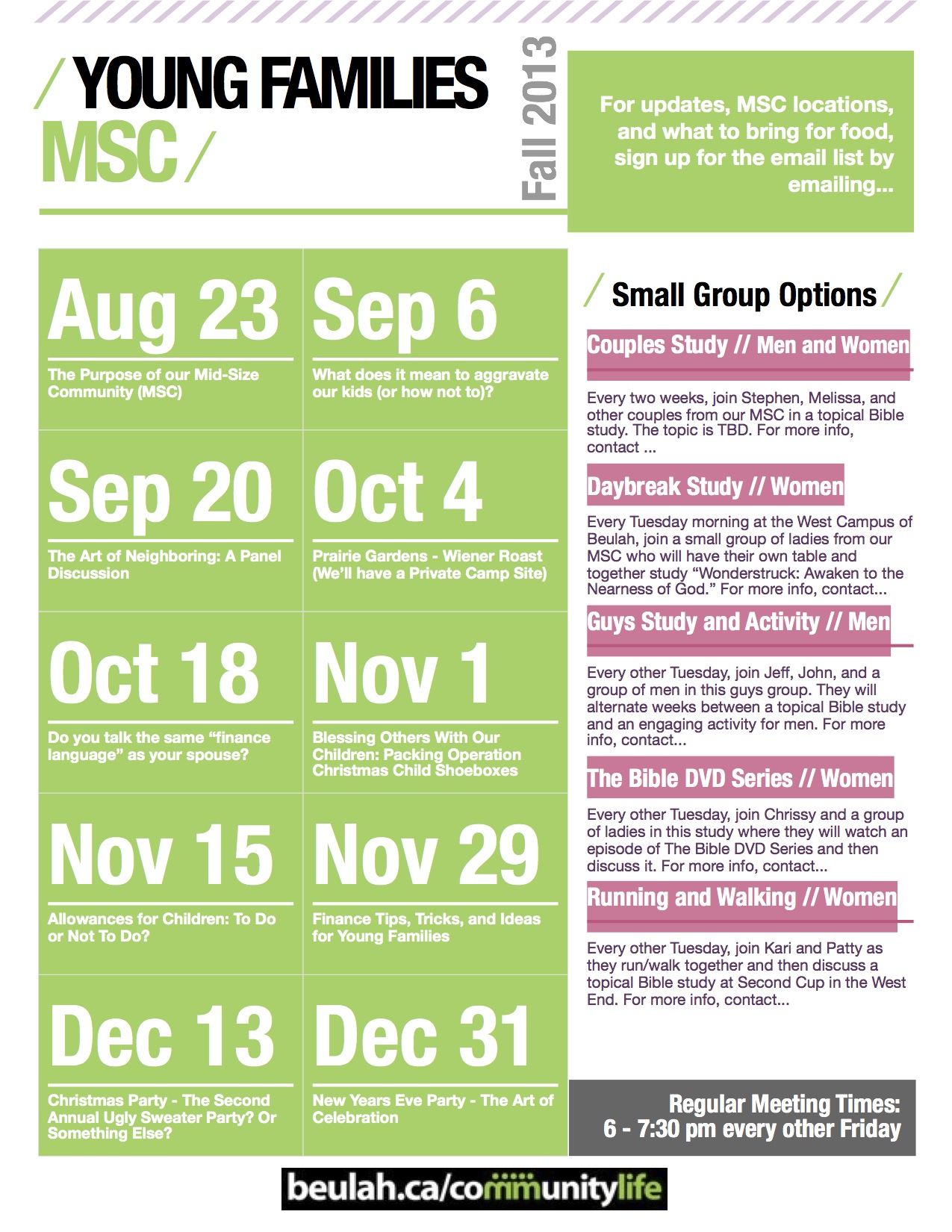Back in May 2013, I was featured on Rick Howerton’s Blog with NavPress for a four day interview on “Small Groups or Mid-Size Communities?” He has since joined the staff at Lifeway, and thus the previous posts have gone away. Here’s the first post:
1. What were you trying to accomplish in your small groups that was not being achieved and why do you think the smallness of group life was keeping you from accomplishing that?
If someone were to tell you that 25% of their church was in some form of community life (i.e. small group or mid-week programming), how would you react? Other than a slight, “Yeah, that’s pretty typical” response, you probably wouldn’t think much of it. Well, what if someone were to tell you that their church had grown by 31% over the past 10 years, but that the number of people engaged in community remained the same? You’d probably think that was pathetic, and move on to learn from someone else.
That was the case at my church, and I was hired to do something about it.
Being a learner, entrepreneur, and systems thinker, I quickly learned and piloted every small group technique and method under the sun (not all at the same time though – I’m not that crazy). I wanted to experience the astronomical growth that the books promised me. I tried everything from a semester model to a sermon-based group model. I even launched new groups every month, in addition to piloting online groups. Sure, I saw growth and new people getting connected regardless of the method that I used, but there was always a bottleneck and people who didn’t want to join. The growth wasn’t exponential, it was additional – and that wasn’t good enough for me.
[Read more…] about What Didn’t Work With Small Groups? (Part 1 – SG or MSC)




